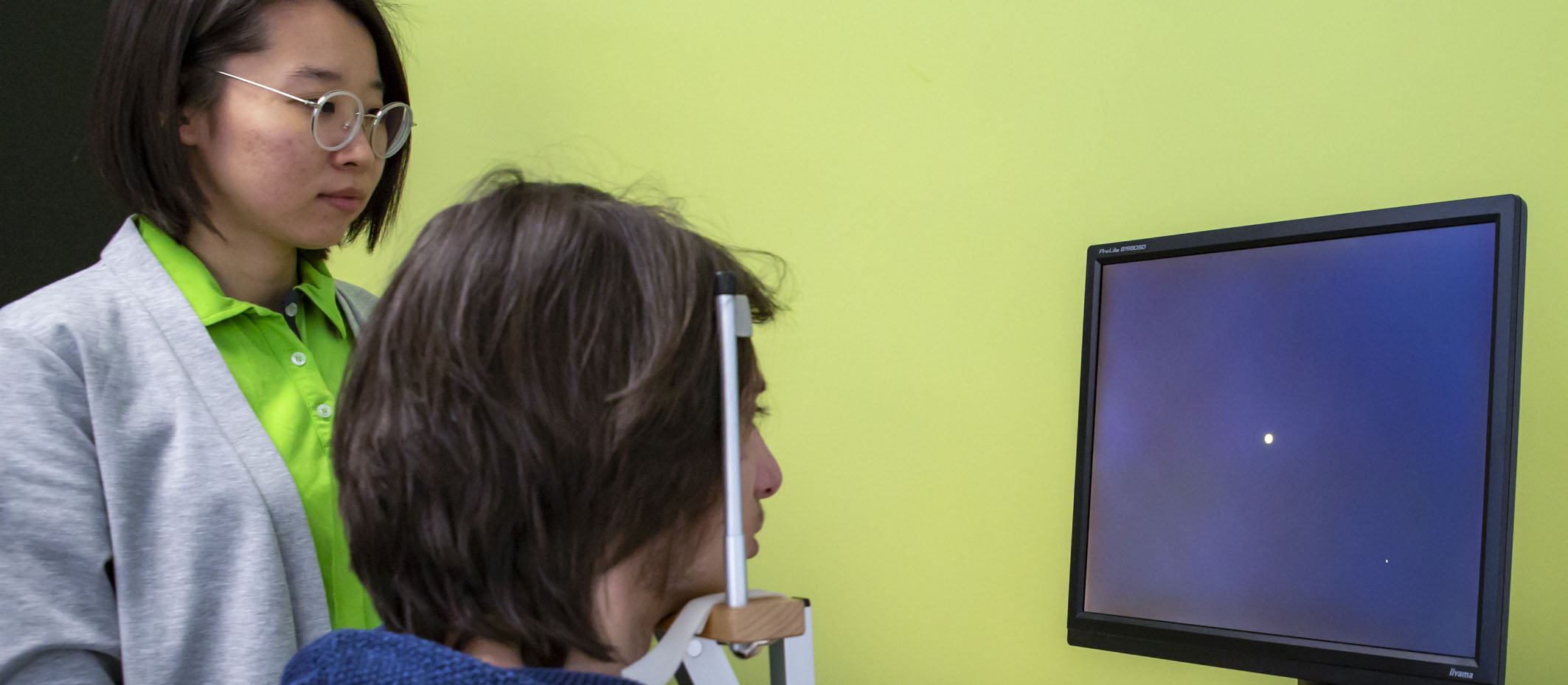Help With Vision Loss: Low-Vision Rehabilitation and Mobility Training
In addition to the best possible medical care, living assistance for vision loss should be one of your first priorities, which may include low-vision mobility training and a visual restoration program. Too many people with vision loss do not even know how many services and support options are available. There are several organizations that specialize and have many years of experience in providing services for the visually impaired, and there are also rehabilitation facilities for the visually impaired to help them cope with their vision loss. Family members should also be encouraged to participate in order to help the vision impaired person with orientation, locomotion, visual restoration and professional training. Family members who have difficulty coping with the loss of vision may benefit from psychological counselling. The German Association for the Blind and Visually Impaired (DBSV) has excellent low-vision rehabilitation facilities. The organisation’s website will tell you which treatment options are available in your area. We have also put together further references to websites that are of interest to the visually impaired and blind.
Why Do You Need Low Vision Therapy?
Many patients have no idea about the existence of low-vision therapy or the availability of mobility trainers. Even most ophthalmologists often do not know anything about them, so they do not refer their patients to these institutions. When you visit your low vision therapist, a treatment plan will be made. You will also receive help in its implementation. The key question is, how can you live a normal life despite your low vision? The specialist in charge will carry out a series of tests with you. They will look at how well you are coping with everyday activities such as getting dressed, personal hygiene, walking and using visual aids. You will also receive an assessment of your ability to work, your social life and your level of education.
Among the Possibilities of Improving Vision There Is the Visual Restoration Training – non-invasive methods developed by Professor Sabel. This therapy may be helpful if you suffer from age-related vision loss such as glaucoma, macular degeneration, or diabetic retinopathy, which causes blind spots in your visual field, and if you have optic nerve or brain damage.

